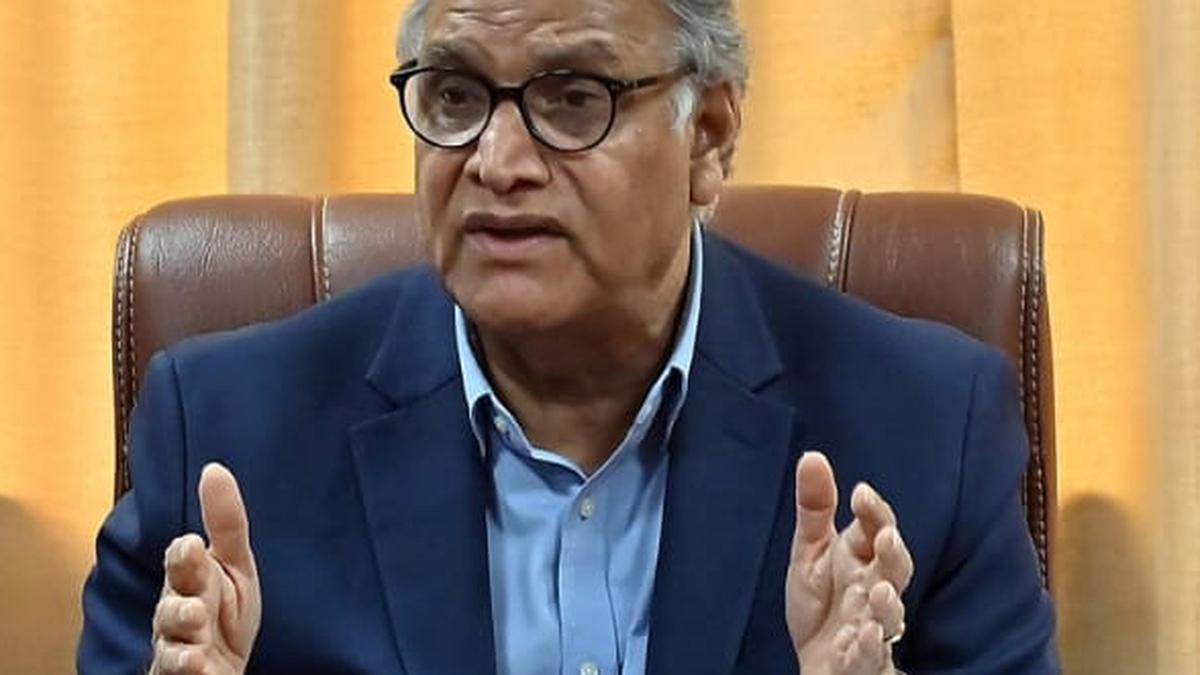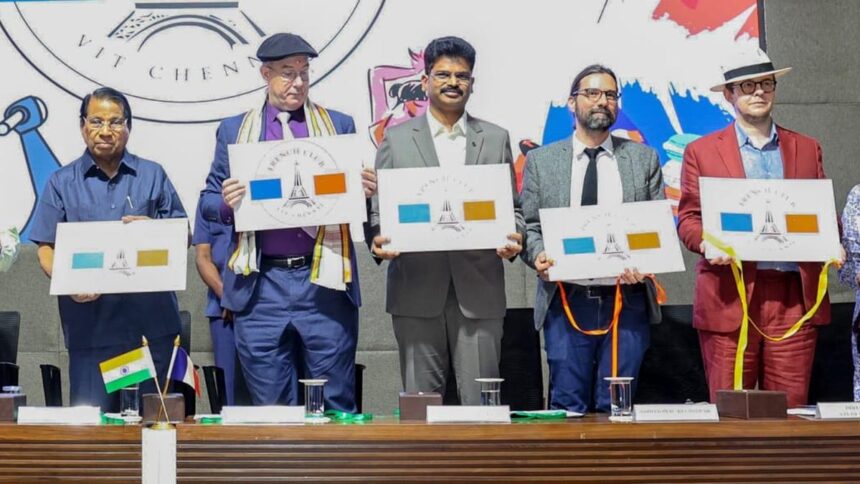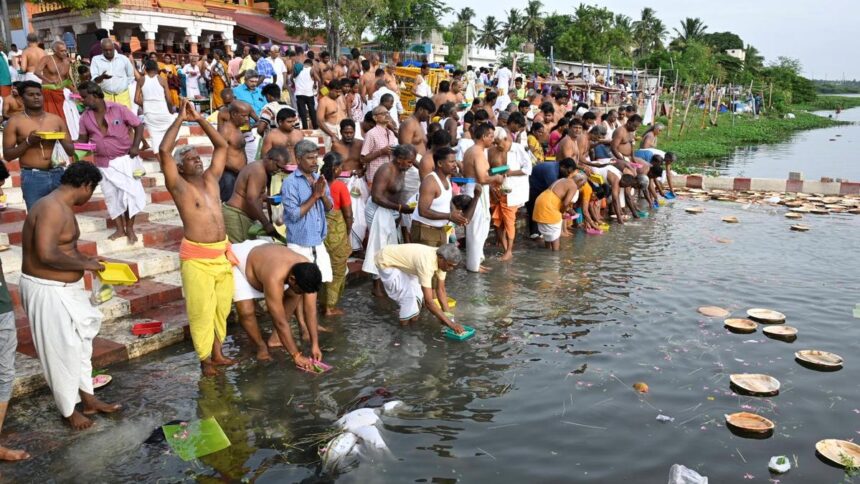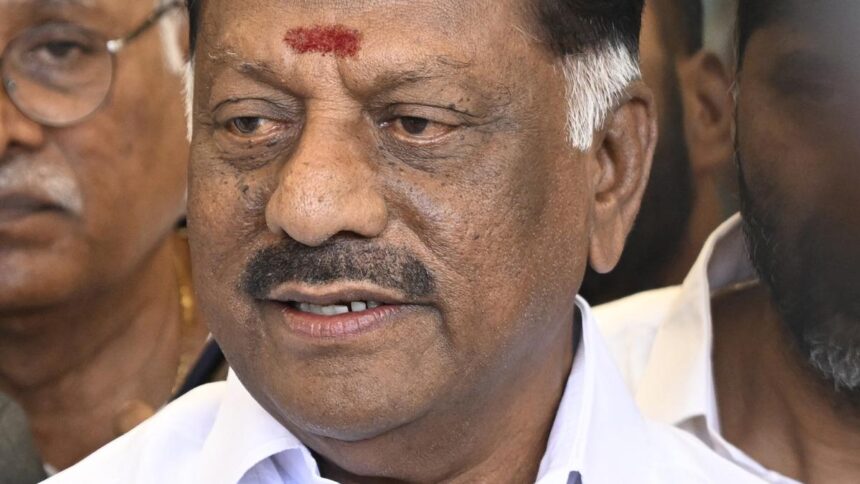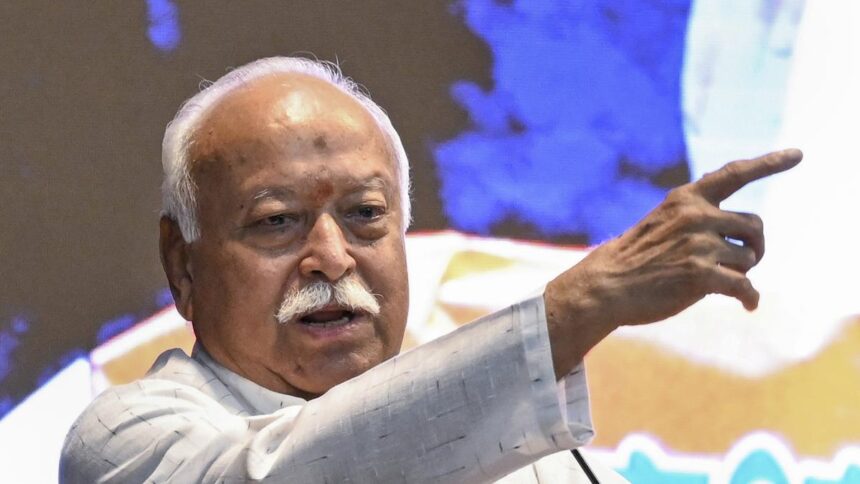
Sukhadev Thorat
| Photo Credit: file photo
The State Education Policy (SEP) Commission, which submitted its report to Chief Minister Siddaramaiah on Friday, has recommended implementing reservation in admissions to private unaided colleges, private universities and government standalone institutions, to Scheduled Castes, Scheduled Tribes and other backward class (OBC) students, as per the reservation matrix in the State.
“Gross Enrolment Ratio into higher education in Karnataka is found to be low among these communities, apart from other vulnerable sections of students. To promote higher education among these underprivileged sections, we have recommended regulations for reservation for admission for SCs, STs and OBC students in private higher educational institutions and universities,” said Prof. Sukhadeo Thorat, chairman, SEP Commission.
He recalled that during the Congress-led United Progressive Alliance-2 (UPA-2) regime, constitutional amendments were brought in and presently Article 15 (5) of the Constitution provided for reservation in admissions in private unaided institutions. “But the provisions say that the States should form regulations for the same. This has not been implemented anywhere yet. Let it start from Karnataka itself,” Prof. Thorat said.
The commission chairman also said that Karnataka had one of the highest levels of privatisation in education.
“Around 60% of the universities and colleges are private or unaided, and 72% of the students are studying in these institutions,” he said, adding that the fees at these private institutions were high, acting as a barrier to many students.
“Therefore, we have recommended that students from lower income families who get admission in private and unaided colleges, should be provided financial support,” he said.
Rohith Vemula Act
The SEP Commission has also recommended that the State enact an anti-discrimination law in the form of Rohith Vemula Act, as has been the demand by several Dalit and progressive groups across the country, to deal with issues of diversity and discrimination in higher educational Institutions.
“This is an important issue. We have suggested a separate law that deals with diversity and discrimination issues, with regards to caste, religion, gender or any other form of discrimination,” Prof. Throat said.
Published – August 09, 2025 09:45 pm IST





